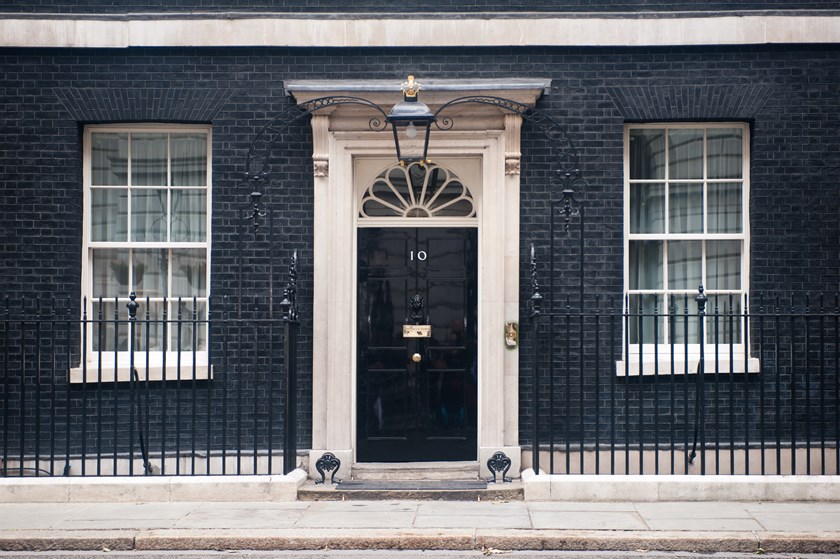Axe the Reading Tax?
Insight

Last month the EU Council on Economic and Financial Affairs (Ecofin) agreed to scrap VAT on digital publications at an EU level. This decision removes the requirement for Member States to apply VAT at standard national rates on sales of electronic books, newspapers and equivalent media. Instead, national governments are now free to apply the reduced or zero rates of VAT on such sales if they wish to.
A tax on knowledge?
Historically, UK governments have sought to avoid taxes and duties on print publications. Books, newspapers and other publications are therefore zero rated for VAT purposes (at a purported cost to the exchequer of roughly £1.6bn a year). However, as technology has developed, more and more people (not least the readers of this article!) are consuming literature electronically, on platforms such as e-books and electronic newspapers. Tax law has, not for the first time, lagged behind technological developments and digital media has therefore fallen to be taxed at the usual 20% rate, in contrast to its print equivalent.
This discrepancy has not escaped the attention of UK publishers. In News Corp UK & Ireland Ltd v HMRC, the taxpayer sought to challenge this apparent VAT disadvantage. Unfortunately for them, the First-tier Tax Tribunal reaffirmed that digital versions of newspapers were not equivalent to printed ‘newspapers’ for VAT purposes. The rationale being that printed newspapers are ‘goods’, whereas the provision of their online equivalent is a ‘service’, thereby justifying different VAT treatment.
However, the Ecofin Council’s more recent relaxation of the EU law in this area has emboldened UK publishers, who have since attempted to convince the Chancellor to adopt zero rating for digital publications to bring them in line with their print equivalents.
What next
Many in the UK media market had expected that VAT reform in this area could be addressed after Brexit, as part of the wider repositioning of the UK economy. However, the EU has now leap-frogged the UK in this area, relaxing its own rules before the UK can re-assess the landscape post-Brexit.
Given the Exchequer’s apparent resistance to the protests of digital publishers so far, it may be that the UK now deviates from the EU after Brexit by choosing to retain standard rating for VAT on digital media, perhaps in an effort to help support the print media sector. On the other hand, the increasing popularity of digital media and online platforms may lead to mounting public pressure to bring UK VAT law into the digital age and in line with many of its European counterparts.
Given that the 2018 Budget is now behind us, no significant changes are anticipated for the remainder of this tax year in this area. Publishers nevertheless continue to pressure the Chancellor to take advantage of the recent relaxation in EU law before the UK leaves the EU altogether. However, with Brexit consuming so much of HMRC’s and the Treasury’s resources, it remains to be seen when (or indeed if) their protestswill be heard.
If you require further information about anything covered in this briefing note, please contact James Bromley or Katjana Cleasby, or your usual contact at the firm on +44 (0)20 3375 7000.
This publication is a general summary of the law. It should not replace legal advice tailored to your specific circumstances.
© Farrer & Co LLP, November 2018






